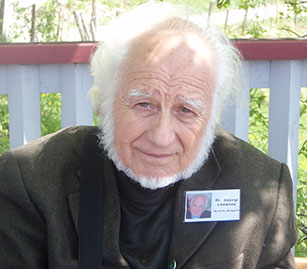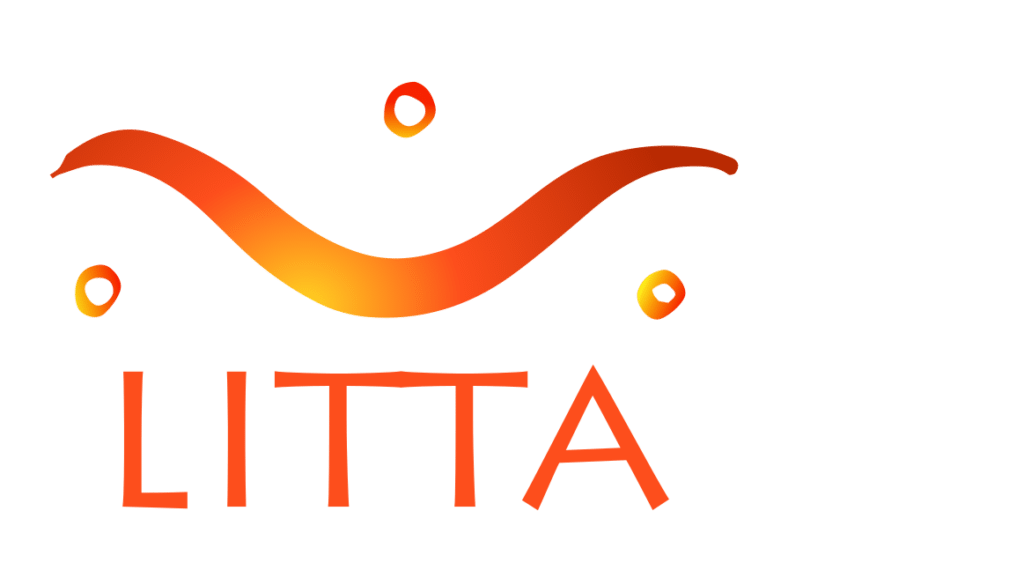An introduction to Suggestopedia
What is Suggestopedia?

Suggestopedia is a teaching-learning methodology whose main aim is to activate the learners’ untapped reserves of the brain/psyche. It was developed in the 1970s in Sofia by the neuropsychiatrist and psychotherapist Dr. Georgi Lozanov with his colleagues at the Research Institute of Suggestology at the University of Sofia ‘St. Kliment Ohridsky’ and later with the contribution of the linguist, researcher in Musical Pedagogy and creator of the suggestopedic art, Dr. Evelina Gateva.
It is actually the application of Suggestology in the field of Pedagogy. Suggestology was founded by Dr Georgi Lozanov as the science of suggestion. Suggestion is a universal phenomenon playing a major role in every communicative instance of everyday life. In Dr. Lozanov’s words, “we are constantly surrounded by suggestive influences. If we study them and become aware of them, then we are in a better position to choose which ones we want to be influenced by”.
Suggestion is also a powerful factor in communication which has the capacity to activate the untapped reserves of each individual which have been inhibited by negative suggestions in the past. In fact, Lozanov maintains that “a suggestopedic teacher spends most of the time de-suggesting the students, i.e., freeing them from any non facilitating influences from their past. From birth on we are influenced by parents, friends, teachers, society, the media, the weather, the food we eat and the political environment in which we live”.
Therefore, Suggestopedia is a pedagogical approach based on the theory of suggestion applied in the pedagogical process in order to liberate the personality from all the negative suggestions about the limitations of the human capacities created by the social norm. Because of its emphasis on de-suggesting the social norm and its aim at releasing the unlimited reserve capacities of the human brain and psyche, Suggestopedia is now also referred to as Desuggestopedia and Reservopedia.
How has the present variant of Suggestopedia evolved?
The first variant of Suggestopedia (before 1970) is referred to as the ‘clinical variant of Suggestopedia’ because its emphasis lay heavily on the optimum use of suggestion for the memorisation of a vast amount of words in a foreign language within the framework of scientific research conducted at the Institute of Suggestology. It was virtually a breakthrough in the application of suggestion to learning away from the common practice of clinical suggestion in psychotherapy which combined suggestion with hypnosis.
The second variant (throughout the 1970s and the 1980s) was characterised as ‘global/artistic approach´ because of the introduction of artistic means into the suggestive/desuggestive communicative process which, at the same time, brought about a shift of emphasis from mere memorisation of vocabulary to global language learning and holistic learning of all subjects. This development is owed to Dr. Evelina Gateva, who joined Dr Lozanov in a series of experiments at schools in Bulgaria and Austria to assess the learning outcomes under the influence of art in general and classical art in particular. As Dr. Gateva put it: “the suggestive power of the arts globally influences, liberates and stimulates the personality” with incredibly high learning outcomes not only in language learning but also in cross-curriculum school education.
The third variant (1990s till today) is the current variant of Suggestopedia in which most LITTA members were trained. It is known as “Suggestive/Desuggestive Pedagogy” and “Reservopedia”: the pedagogy of the hidden reserves of mind. While still relying on the art as “the greatest form of suggestion” and observing the principles and means of Suggestopedia, this new development is marked by its emphasis on de-suggesting the personality from the social suggestive norm that “our mental abilities are considerably limited” and liberating it from other possible pathological suggestions. This freeing of the personality is now being pursued not only by artistic means but also with the liberating power of “humanistic love” that is naturally and genuinely suggested by the teacher’s attitude. As a consequence the role of the teacher changes from a more distant, outstanding, somewhat authoritative person to a friendly facilitator of a student-centered process.
What does Suggestopedia offer and what is its relevance to modern life?

“Today, standing before the might of scientific progress and information technologies, we ask ourselves how to master all this in a short time without tension and at the same time maintaining a humanitarian balance in our lives.”
Georgi Lozanov
